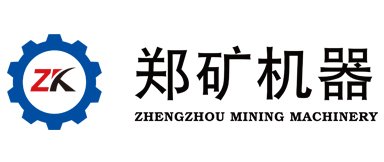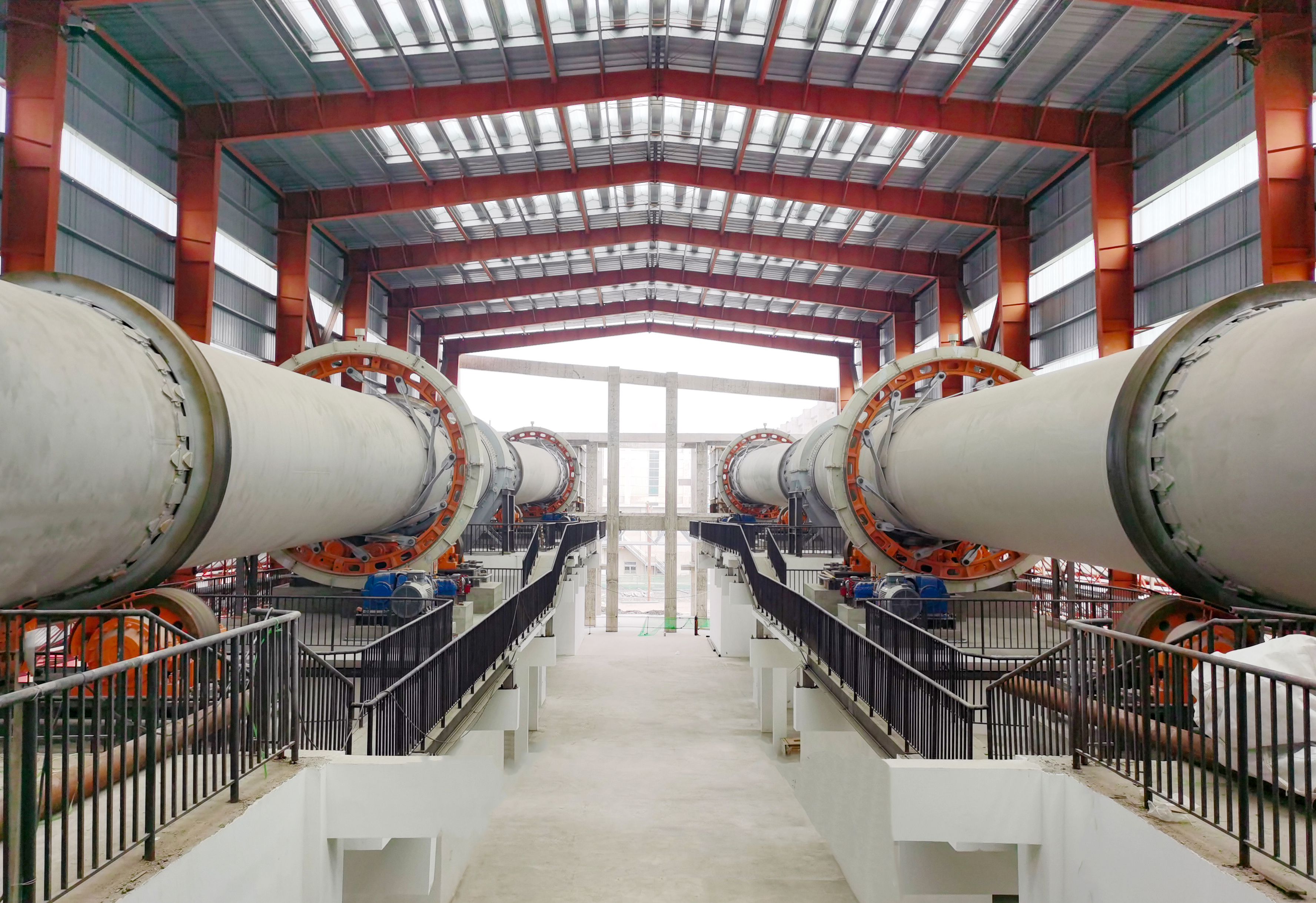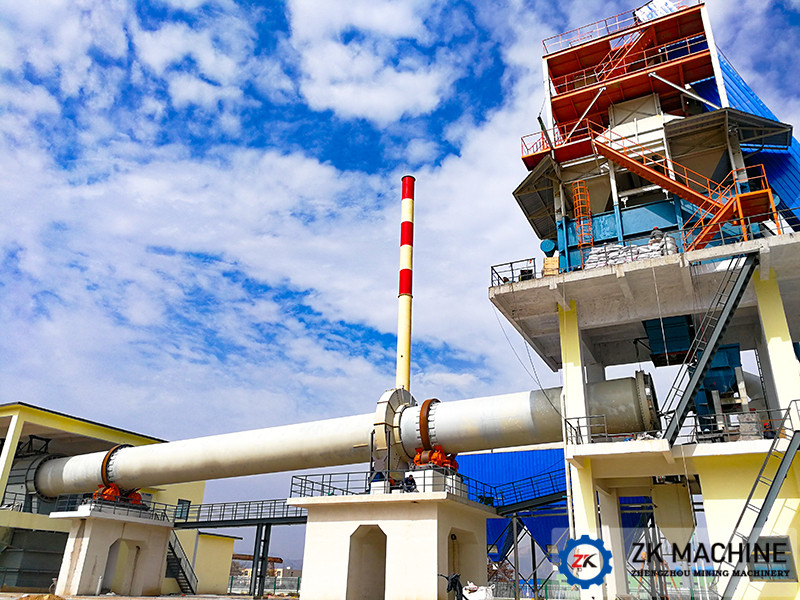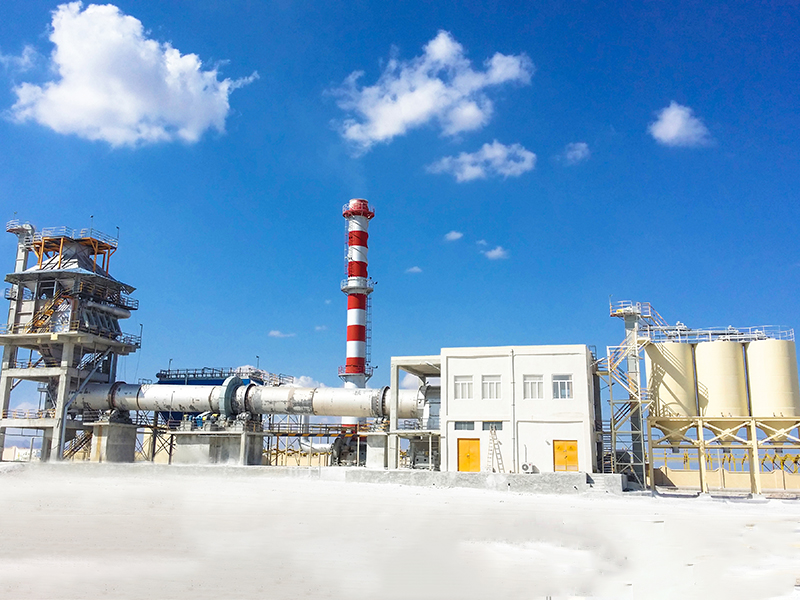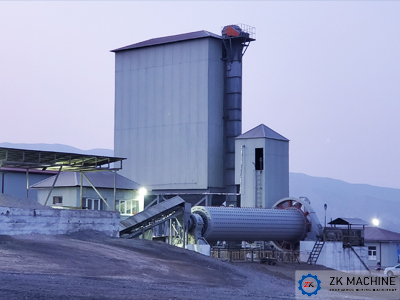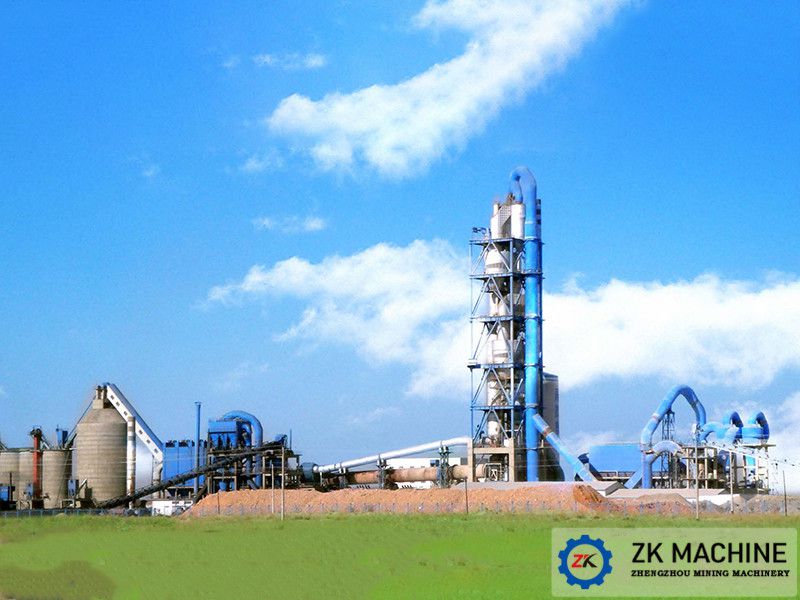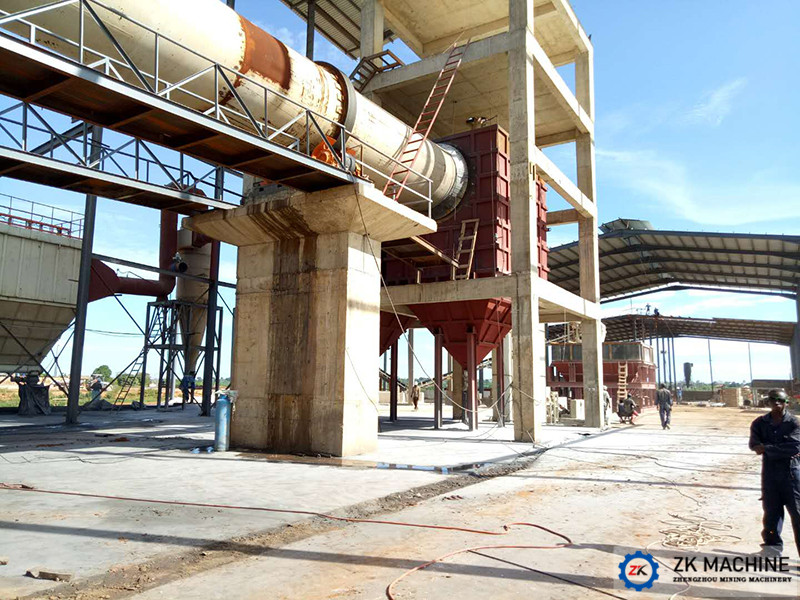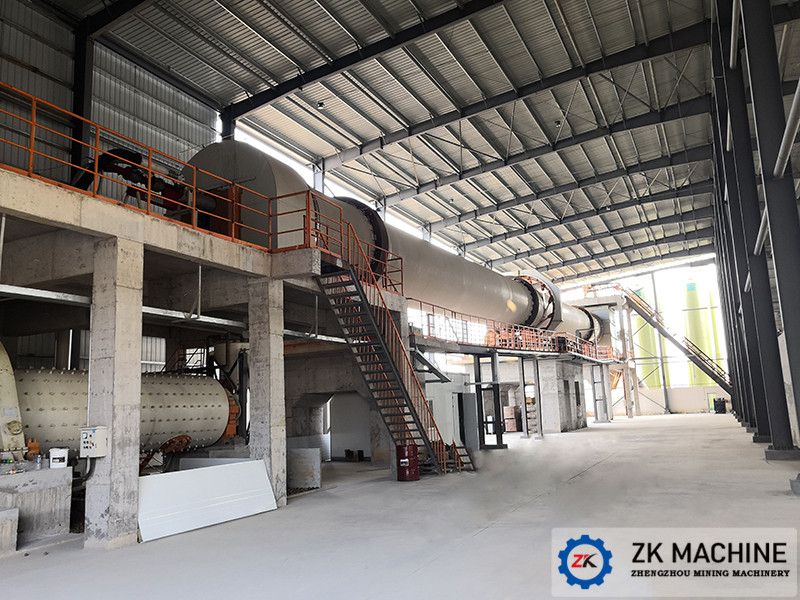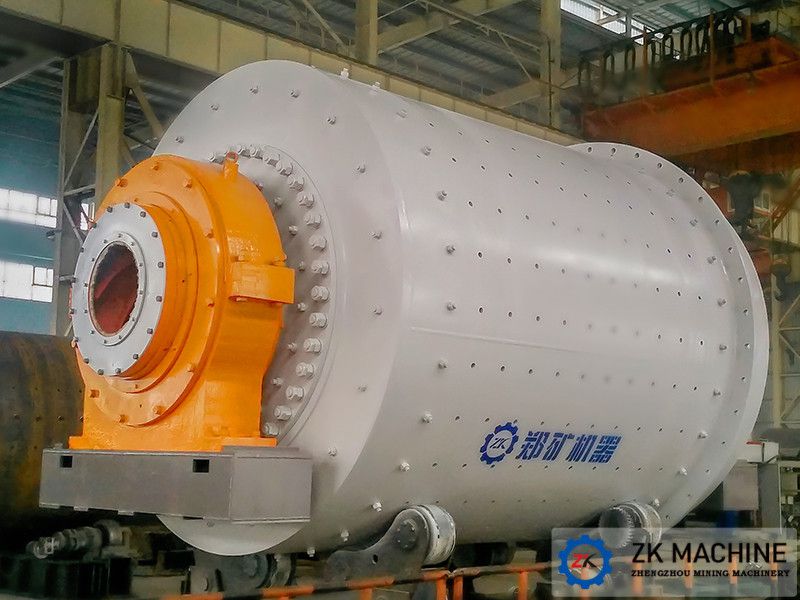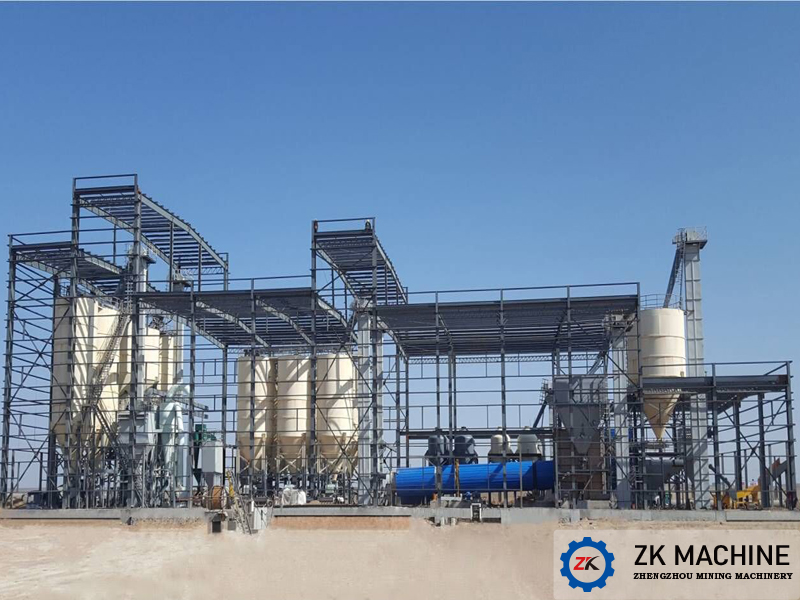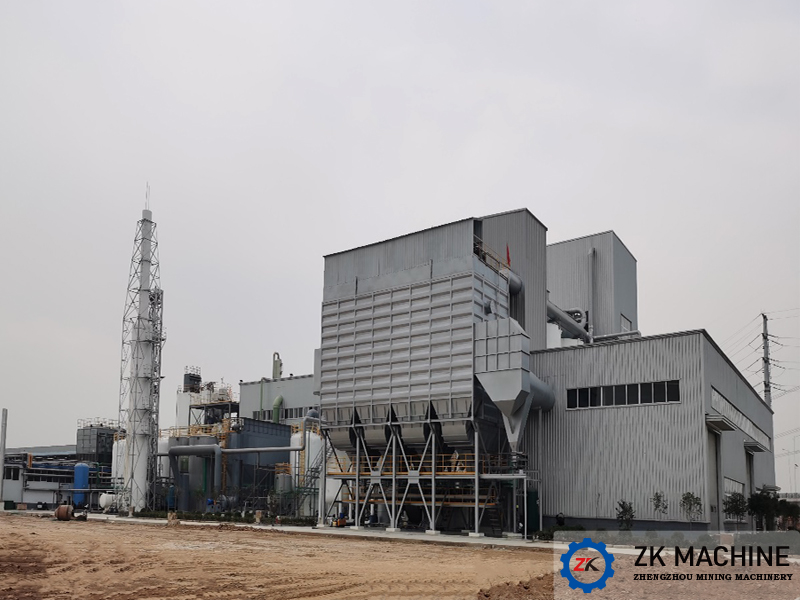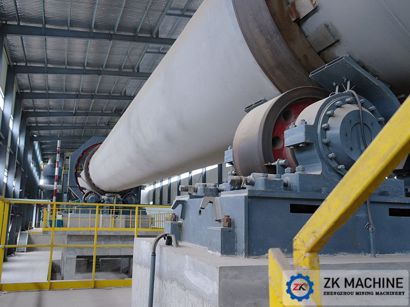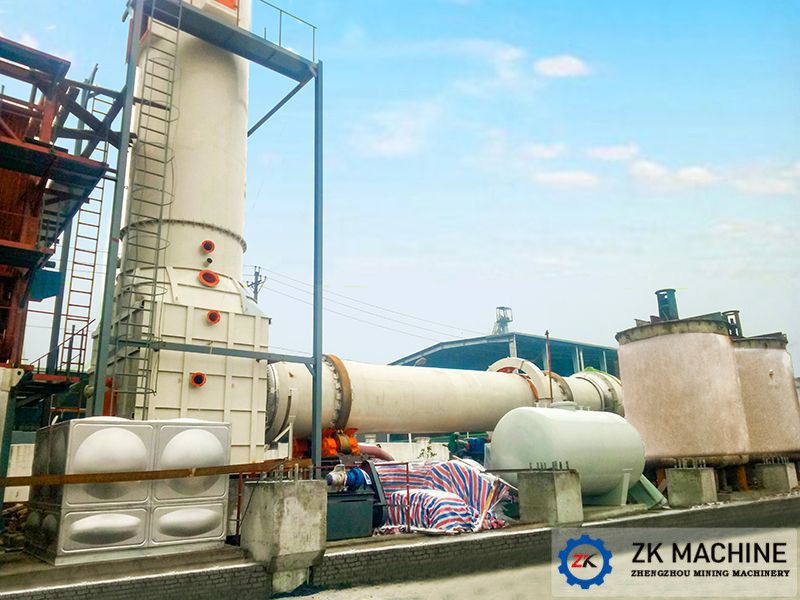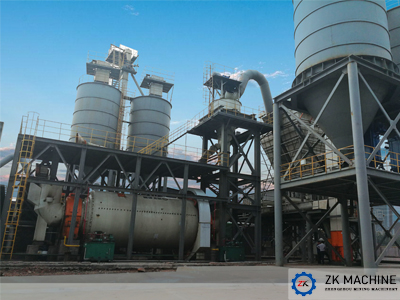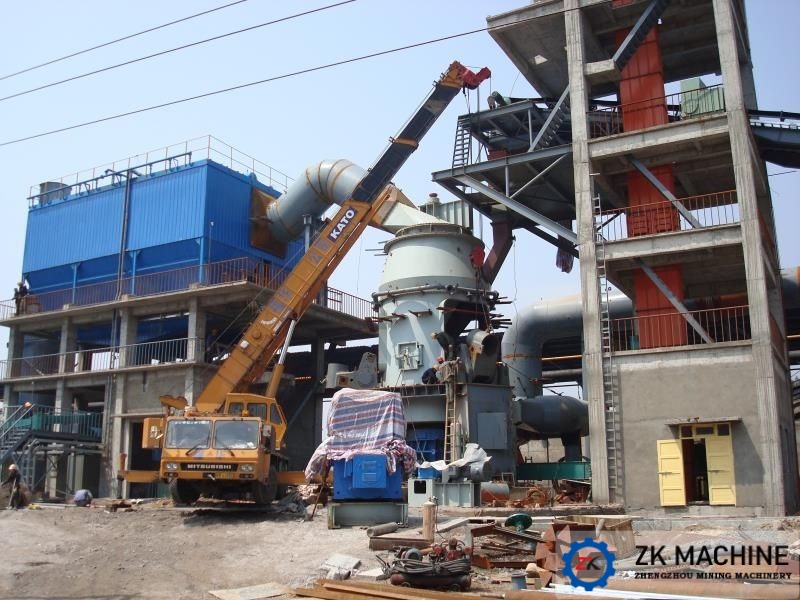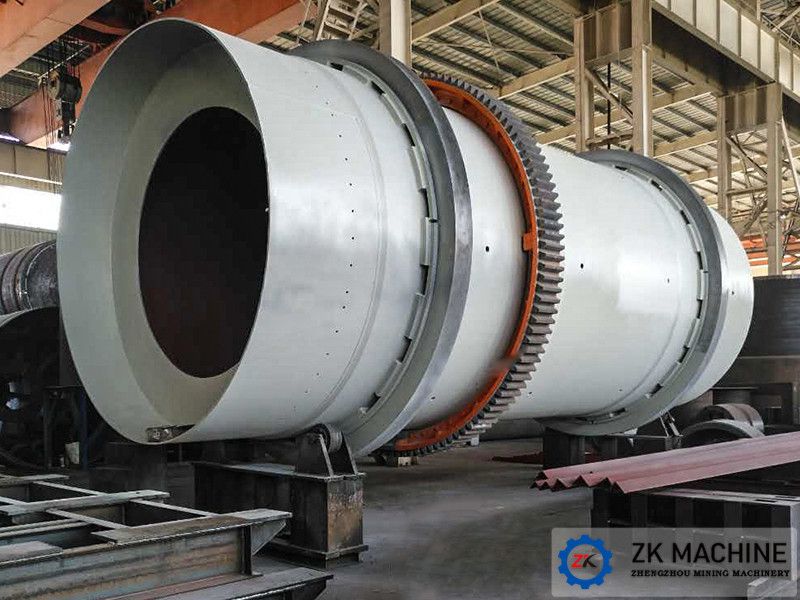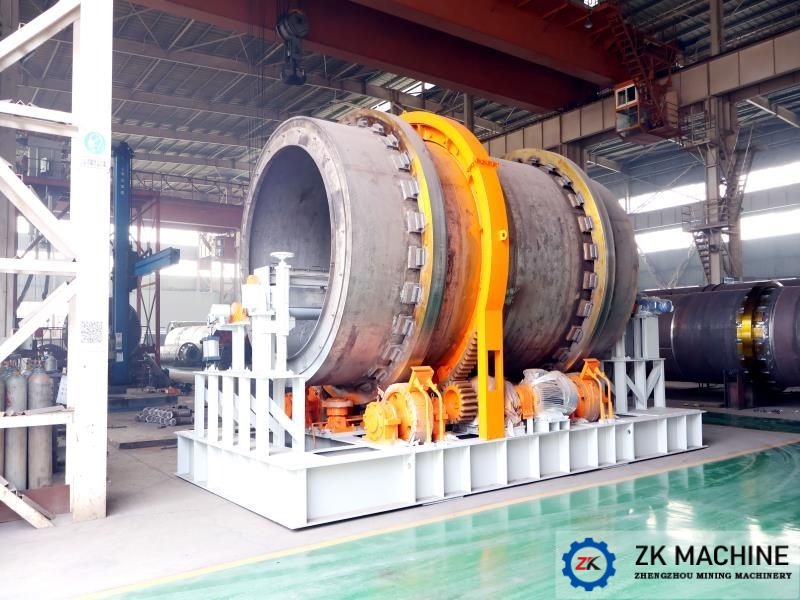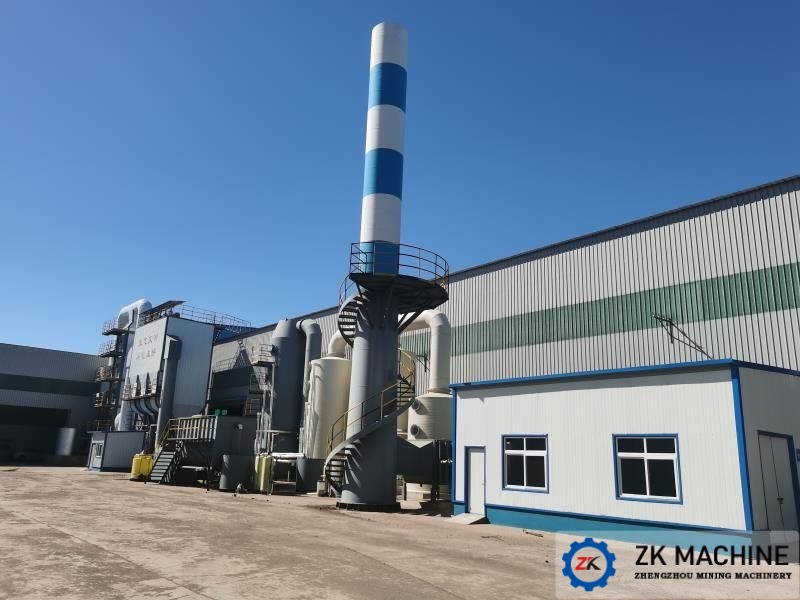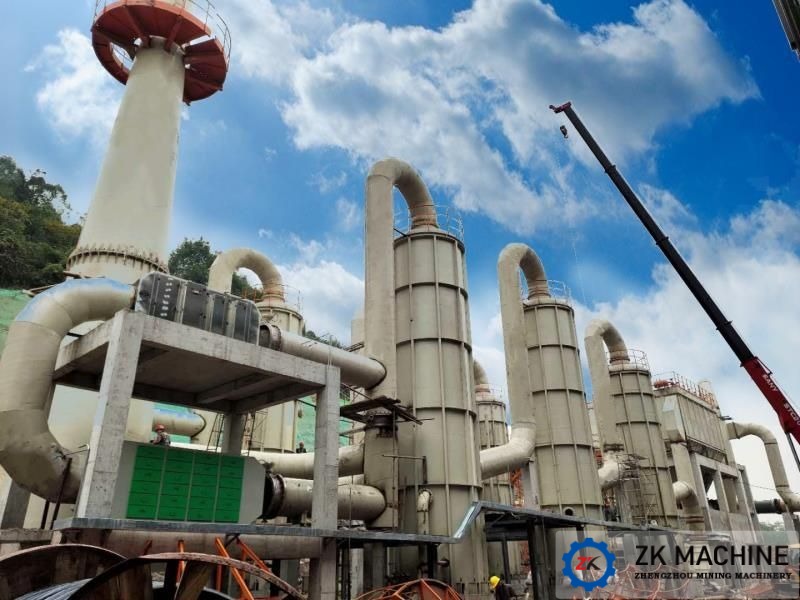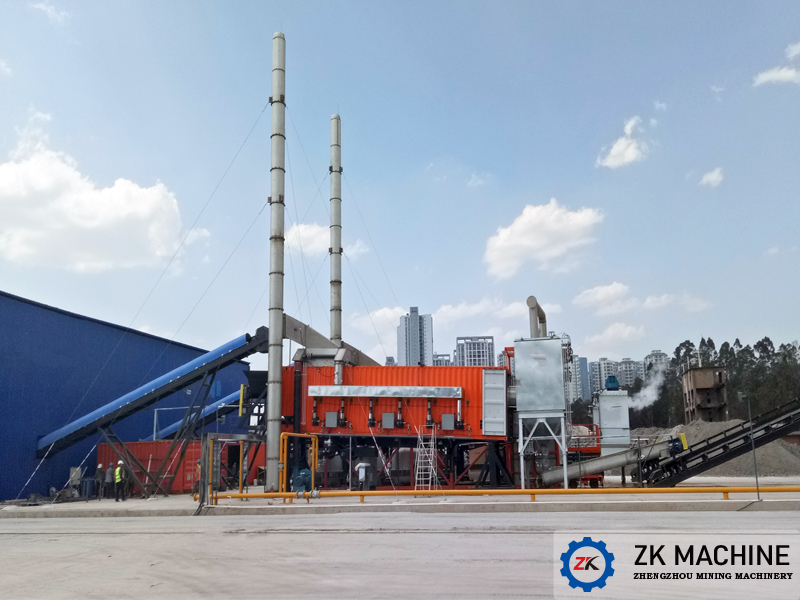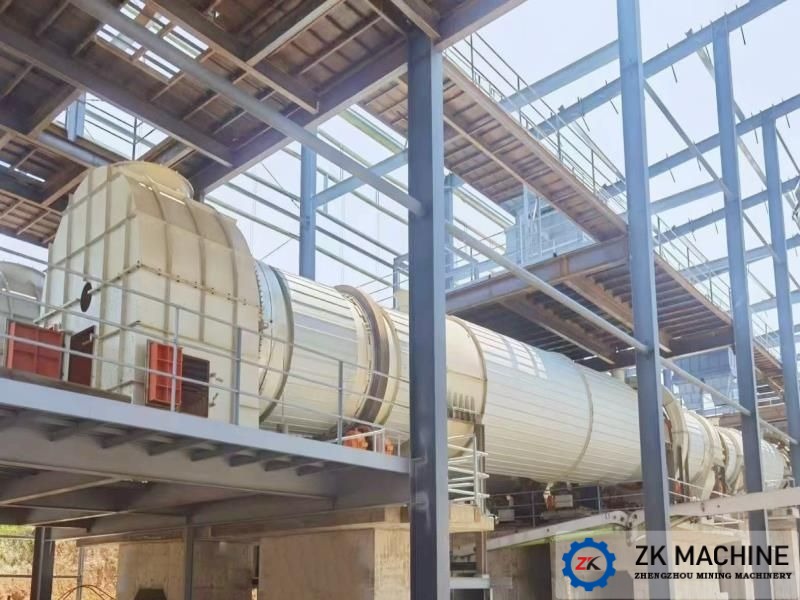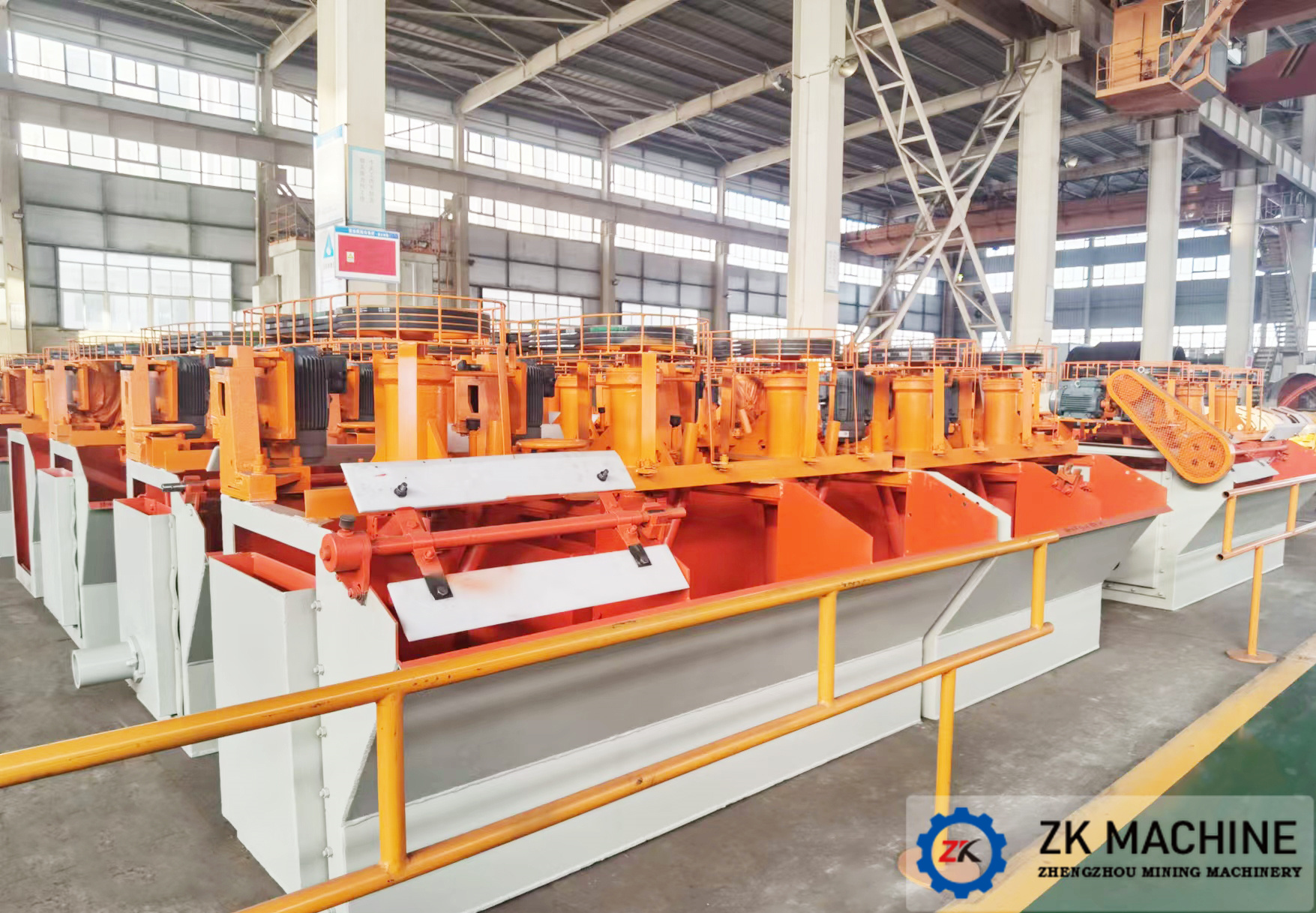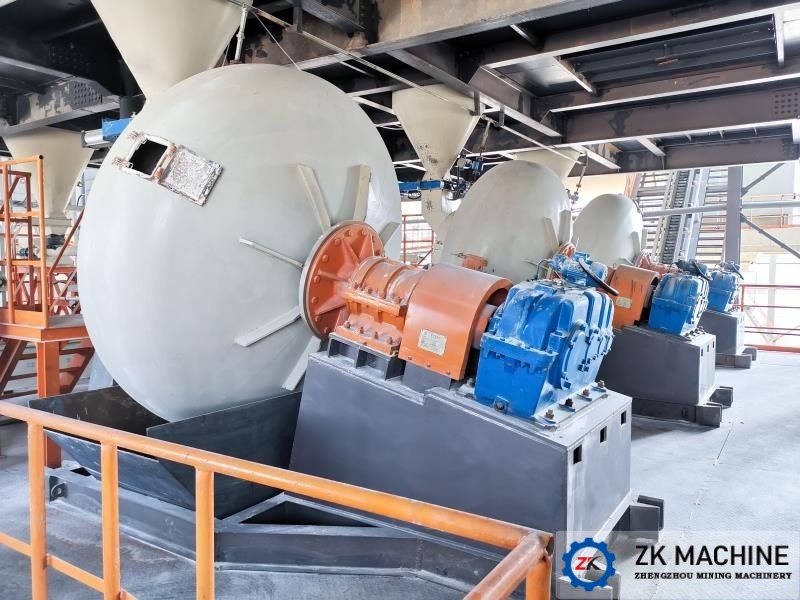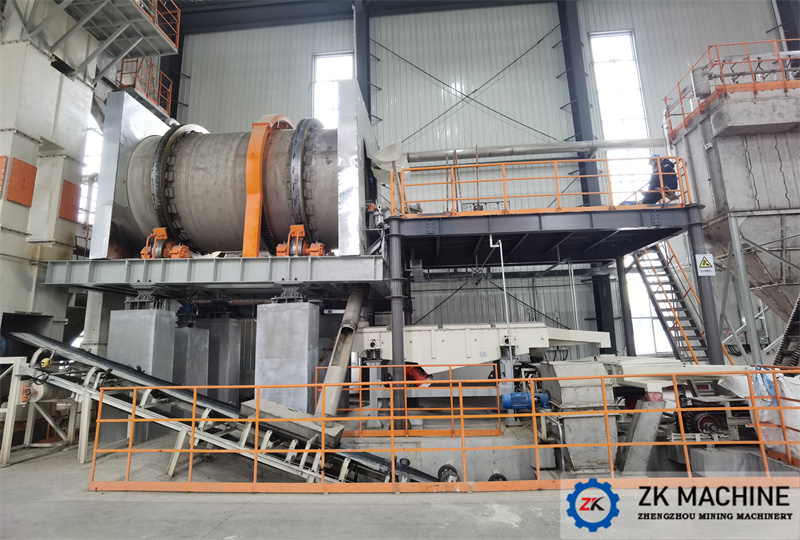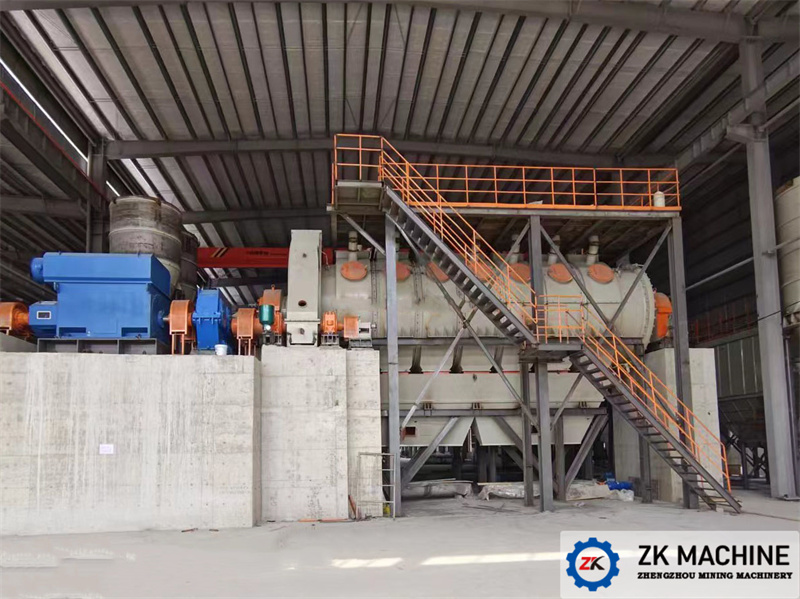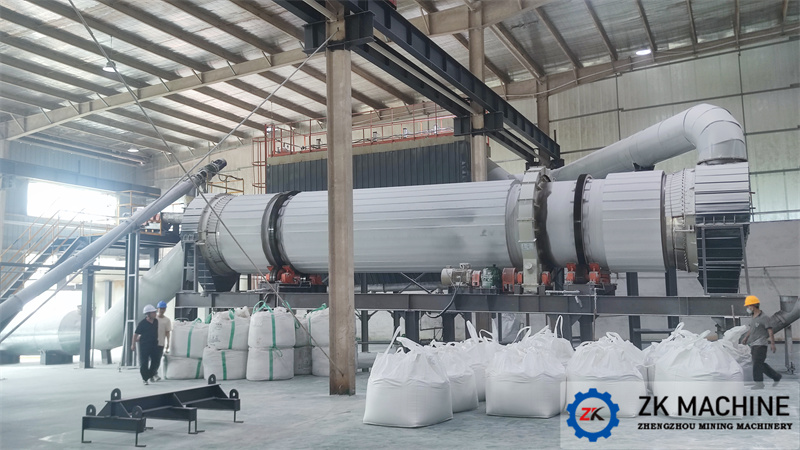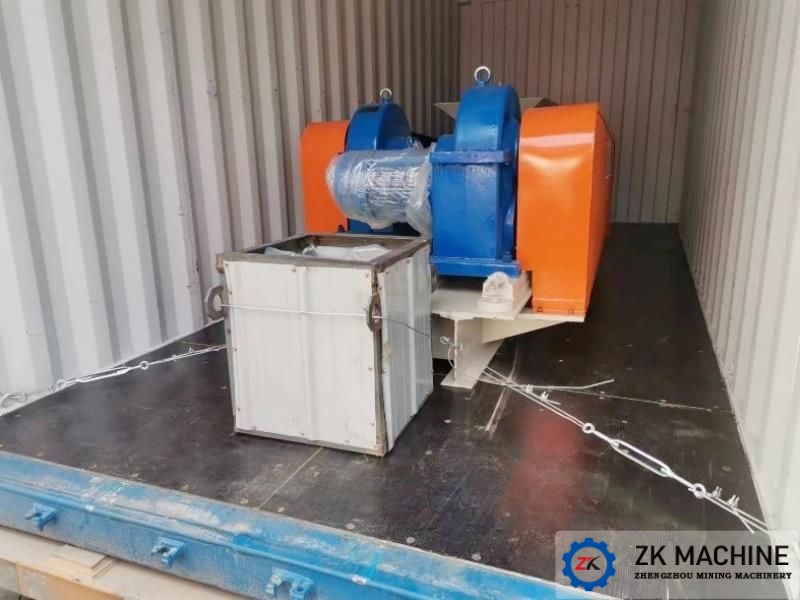Layout and Characteristics of Cement Grinding Plant
The cement grinding plant is a cement production unit that separates the final finished product stage in cement production. At this stage, the cement clinker is added to an appropriate amount of mixing materials for grinding to produce finished cement. Cement production generally can be divided into three processes: raw meal preparation, clinker calcination and cement production. The production process of Portland cement is representative in cement production. It uses limestone and clay as the main raw materials, which are crushed, batched, and ground into raw meals, and then fed into cement kilns to calcinate into clinker, and then the clinker is finely ground with appropriate amount of gypsum (sometimes mixed with mixing materials or additives).
The layout of cement production plant is to establish a cement clinker production line in the mining area and a cement grinding plant near the cement sales market to reduce transportation costs. If the clinker production line is built near the city, for every 1 ton of clinker production, about 1.6 ton of raw meal is needed, which will increase the transportation cost by 60%. If the cement grinding plant and the clinker production line are built together in the mine, since most of the mixing materials are waste slag produced in the city, these mixing materials have to be transported to the cement factory built near the mine, and then transported to the city after being ground into cement. It Increases transportation cost. Therefore, the clinker production line must be built near the mine, and the cement grinding plant must be built near the market. Cement grinding plant is an industry with green benefits. Therefore, in recent years, cement grinding stations have been established around many large and medium-sized cities.
